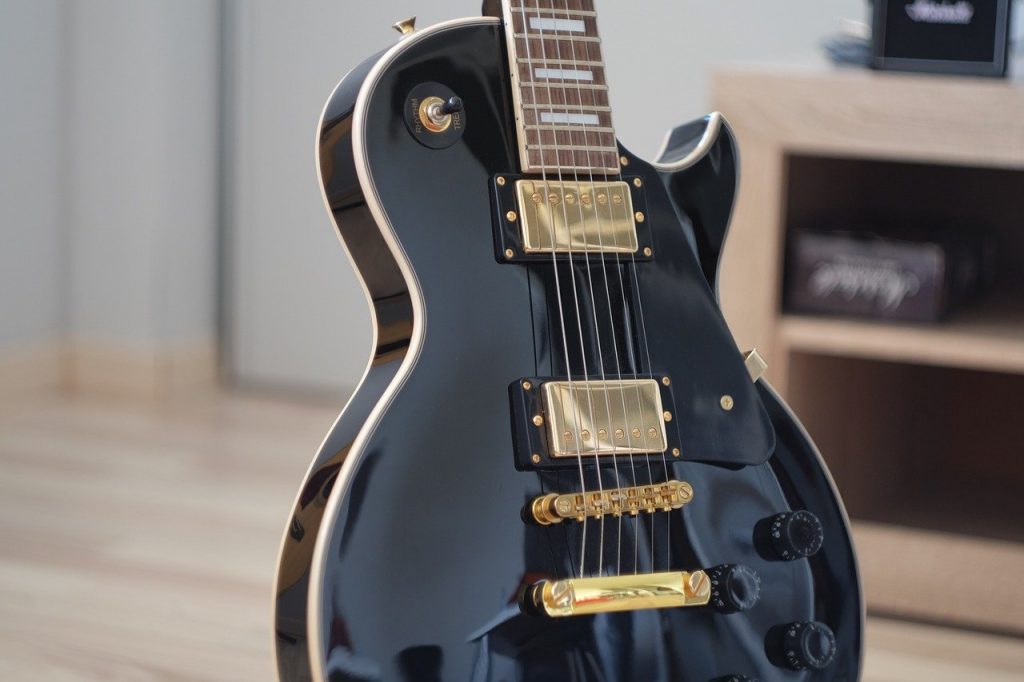Improvisation is the process of coming up with musical ideas on the spot and is usually thought of in a lead guitar or soloing context on guitar. Being a master improviser is one of the most highly sought after skills and one that takes a lifetime to accomplish. Genres like jazz and blues have a strong emphasis on improvising solos and using your instrument to channel creativity on the spot. In rock and metal genres most of your solos and lead playing will be planned out and learned in advance but you will still find yourself in the occasional jam session where you may be required to solo on the spot so it is a great skill to have.
Unfortunately too many guitar players think that they need to be good guitar players before they even start working on their creativity and improvisation. They will often play for several years before they attempt improvisation for the first time and then feel like total beginners again because they have great chops but can’t make any good sounds. When it comes to teaching my own students I have them improvising very early on (sometimes even in their first lesson).
The truth is improvising is 80% mental and only 20% technique. It’s all about having specific thought processes and ideas on how to create and capture the sounds you hear in your head and then bringing them to life on your instrument. You don’t need to be a great guitarist before you start developing your creativity and if anything you want to start working on it right away so that you develop into a balanced guitarist and grow your technique and creative ability simultaneously.

Single String Minor Scale
A lot of guitarists make the mistake of thinking that they need to learn every scale in the book in order to be creative. You are much better off learning one scale really well and learning how to draw every single sound and technique possible out of it. Below is an E minor scale across the first string of the guitar. Memorise the notes and begin moving them around of a backing track.
Long & Short Notes
Most beginners simply play up and down a scale with the same rhythm and wonder why the scale sounds boring. Try experimenting with different combinations of long and short notes and how different the same phrase can sound when you make a particular note longer than the others. If you have the notes 0 – 2 – 3 and are playing a single bar in 4/4 try making the first note go for 2 counts, then play it again with the middle note going for two counts, and again with the last note going for two counts. Now apply this idea to the whole scale.
Sequences
A sequence is an order of doing things. You can apply simple sequences to the notes of the scale to get really cool sounds. One of my favourites is to ascend in 3rds. To do this all you need to do is skip over a note and come back, like a game of leapfrog with your notes. Take this a step further and add in long and short rhythms and you will sound like a total pro with minimal effort.

Open String Pedal Notes
Another simple technique is to take the open e string and play it between notes as you ascend or descend through the scale. The example below used a triplet rhythm and is reminisce of something Iron Maiden would use.

So there are some simple ideas to get you started. Remember that improvisation is a mental game and is all about training yourself to think of ideas before bringing them to life on guitar. Plant the seed now and water it every day so that in a few years time you’ll be able to enjoy the fruits of your harvest.
Ps. Hear all this in action by watching the video below.

About The Author
Michael is a shred fusion guitarist based in Melbourne, Australia. He has helped countless students improve their improvisation skills through the introduction of very simple concepts that anyone can master. If you’re unhappy with your guitar playing then taking Melbourne Rock Guitar Lessons will help you unlock the secrets of being a great improviser. Get in touch with Michael for a Free lesson and more great resources.

